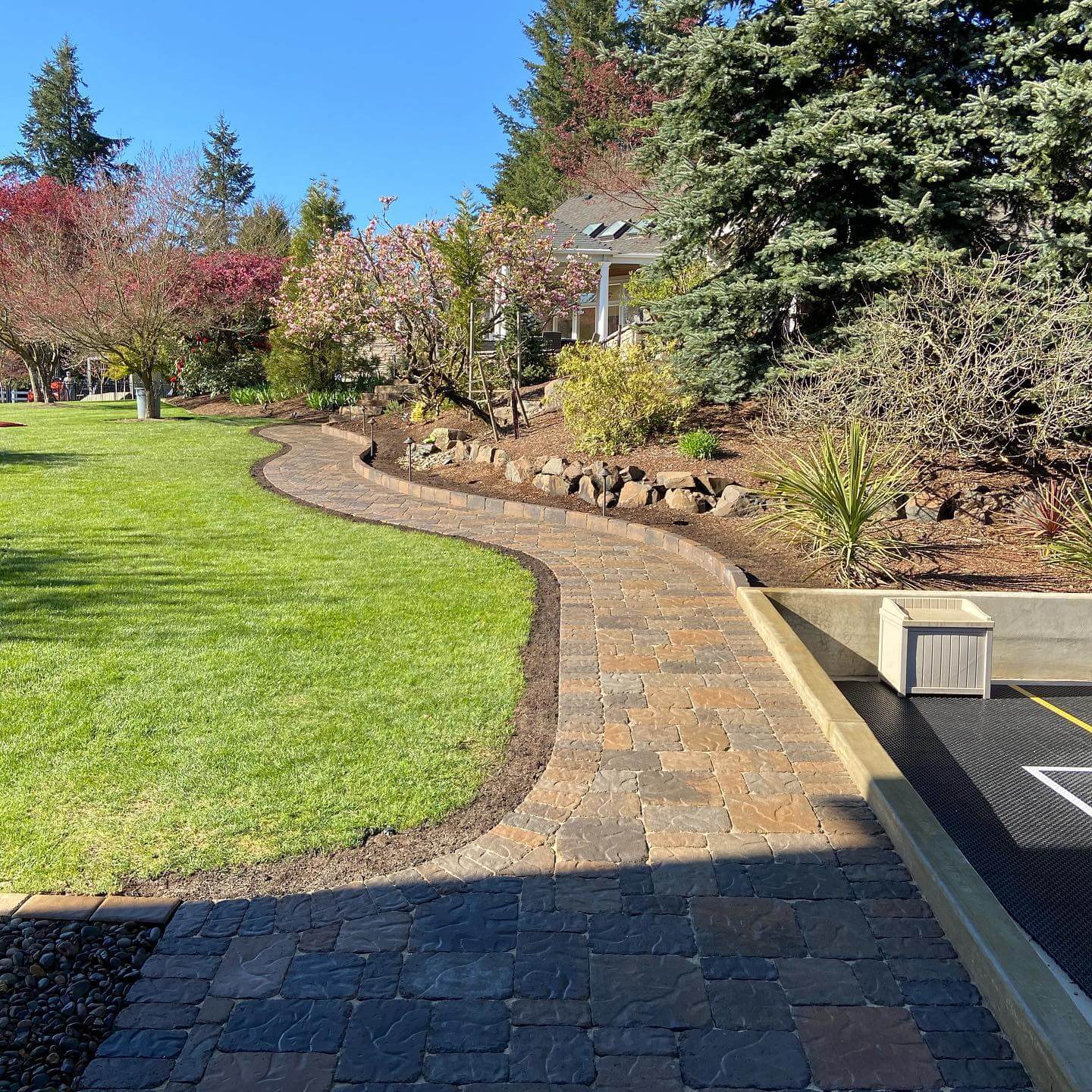
Paver Quest: Navigating the Contractor Landscape
Introduction
The decision to invest in a paver patio, walkway, or driveway is a significant one. Pavers offer a durable, aesthetically pleasing, and versatile solution for outdoor spaces. However, choosing the right contractor is crucial to ensure a successful project outcome. This comprehensive guide will provide you with the essential knowledge and tools to navigate the contractor landscape and select the best fit for your paver project.
Understanding the Paver Contractor Landscape
Types of Paver Contractors
- Design-Build Contractors: Offer a complete solution from design to installation.
- Installation-Only Contractors: Focus solely on installing pavers based on provided designs.
- Specialty Contractors: Specialize in specific areas such as pool decks, commercial projects, or historic renovations.
Qualifications and Credentials
- Licensing: Ensure the contractor is licensed in your state or municipality.
- Insurance: Verify that the contractor carries liability and workers’ compensation insurance.
- Certifications: Look for contractors certified by industry organizations such as the Interlocking Concrete Pavement Institute (ICPI).
- Experience: Inquire about the contractor’s experience in paver installations and the specific type of project you are considering.
Contractor Selection Process
1. Define Your Project Scope
- Determine the size, shape, and design of your paver project.
- Consider factors such as drainage, slopes, and existing structures.
2. Request Bids
- Obtain written bids from at least three qualified contractors.
- Include detailed project specifications and ask for a breakdown of costs.
3. Evaluate Bids
- Compare the bids carefully, considering factors such as materials, labor costs, and project timeline.
- Look for any hidden or unexpected charges.
4. Check References
- Ask the contractors for references from previous clients.
- Contact the references to inquire about their experience with the contractor.
5. Interview the Contractors
- Schedule interviews with the shortlisted contractors.
- Ask questions about their design approach, installation methods, and quality control measures.
Working with the Contractor
1. Communication
- Establish clear communication channels with the contractor.
- Discuss project details, timelines, and any potential issues promptly.
2. Site Preparation
- Ensure the contractor prepares the site properly, including excavating, grading, and installing a base.
3. Material Selection
- Collaborate with the contractor to select the appropriate paver materials for your project.
- Consider factors such as durability, color, and texture.
4. Installation
- Monitor the installation process to ensure it meets your expectations.
- Ask the contractor to explain their installation techniques and quality control measures.
5. Project Completion
- Inspect the completed project thoroughly and address any concerns with the contractor.
- Obtain a warranty or guarantee for the installation.
Additional Considerations
1. Design Considerations
- Consult with a landscape architect or designer to create a visually appealing and functional paver layout.
- Consider factors such as traffic patterns, drainage, and aesthetics.
2. Material Options
- Pavers are available in various materials, including concrete, brick, natural stone, and porcelain.
- Each material offers unique characteristics in terms of durability, color, and texture.
3. Cost Factors
- Paver projects can vary significantly in cost depending on factors such as material selection, project size, and labor costs.
- Obtain multiple bids to compare pricing and identify the most competitive option.
4. Maintenance and Repair
- Pavers require regular maintenance to ensure their longevity.
- Establish a maintenance schedule that includes cleaning, sealing, and joint repairs as needed.
Conclusion
Navigating the paver contractor landscape requires careful planning and due diligence. By understanding the types of contractors, their qualifications, and the selection process, you can increase your chances of finding the right fit for your project. Effective communication, collaboration, and attention to detail throughout the project ensure a successful outcome that enhances the beauty and functionality of your outdoor space.